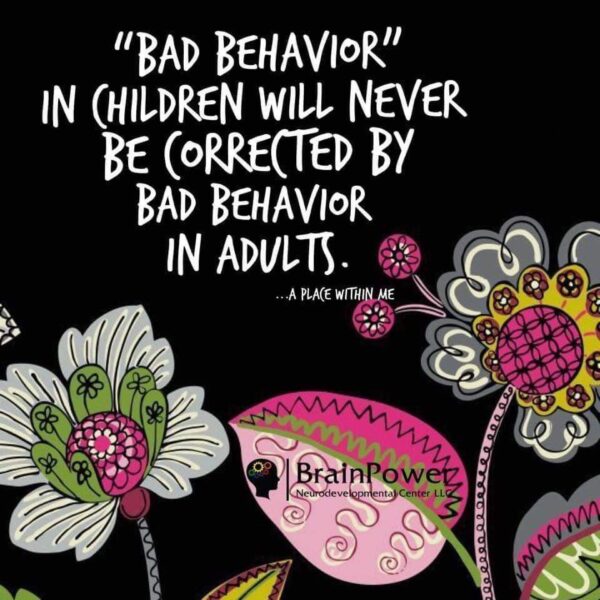Most of us have grown up with the traditional idea that emotions can be classified into “good” and “bad” categories. Good emotions are allowed to be freely experienced. Bad emotions must be “controlled” (or ignored), most often, with distraction or manipulation. Much of this, we pick up subconsciously when we are children, from our environments.
Good – Happy, surprised, excited, calm, eager, hopeful.
Bad – Sad, angry, frustrated, overwhelmed, guilty, shame.
Thanks to much awareness raised in recent years about issues like anxiety and depression in adults and children alike, along with research, we know that this classification is problematic. Emotions are not good or bad. They just are. In fact, each of them is important and deserves a chance to be seen and heard, equally.
It’s pretty easy to feel the “good” feelings. But what about the “bad” ones? How do we handle those? True resilience is born when we allow ourselves to feel our “bad” feelings without judgment. When we make friends with all our emotions. When we strive to move past the realms of REACTION and into the realms of RESPONSE.
The solution is simple, yet the hardest thing in the world to accomplish. It is a lifelong quest. Especially in our interactions with our children. Allow the strong feelings to be experienced without judgment. Notice them, observe them. Figure out why – your triggers. Let the feelings be. Then address those needs. Simple, no?
Ha!
Parenting, especially, can be VERY triggering, often bringing up our own unmet needs and unresolved inner-child issues – which we then promptly push back down, afraid to bring them up because of how uncomfortable they make us feel. But only by bringing them up, can we resolve and move past them. We have to walk through that tunnel.
It’s easy to unload on our children – they are often our easiest target. Our triggers resulting from their words and actions can be very powerful. But when we allow ourselves to be overwhelmed by our emotions, we act from a place of fear and/or shame. This disconnects us emotionally from our children.
As Brene says, “It is so much easier to cause pain than feel pain. Stop working your shit out on other people. Don’t offload your hard stuff on other people.” Our children bear the brunt of our s*** too often. We owe it to ourselves as well as loved ones to work on healing our inner child – and much of this starts with reframing emotions.
